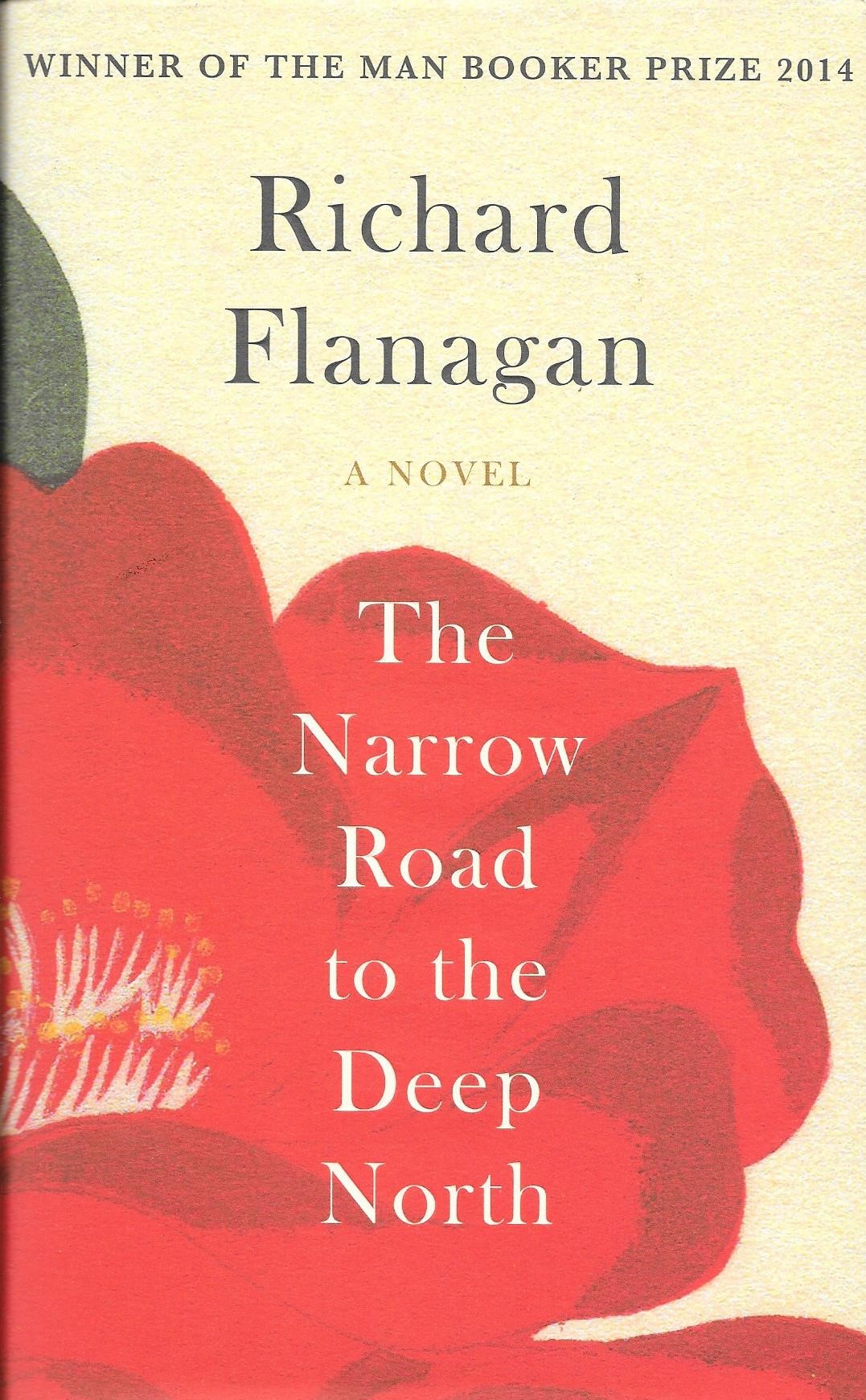
1
I discovered Pome only a couple of months ago and am enjoying the poems very much: an interesting range and they are short, even very short. As I understand it, Matthew (Matt) Ogle originally posted the poems some years ago and the project has restarted via Tiny Letter.
Here is an Issa haiku, translated by Robert Hass. Since I am a paid-up member of the Society for the Prevention of Cruelty to House Dust, it speaks to me …
Don’t worry, spiders,
I keep house
casually
2
Monostich – a poem or epigram of one single line. The title is important and may be long, longer even than the poem. My recent example from a course I’m doing:
While it rained, we went out and put the poster on trees and lamp posts in the neighbourhood
It needs heart and courage (lebh in Hebrew) to wear a pochet with conviction.
3
Here is a short poem by Carl Tomlinson from his Changing Places. It has a haiku-like quality. Carl is the May guest poet. I look forward to sharing more of his poems with you then.
August
All along the bridleway
some kind of rain
is trying to shake off the wind.
The land feels thinned.

